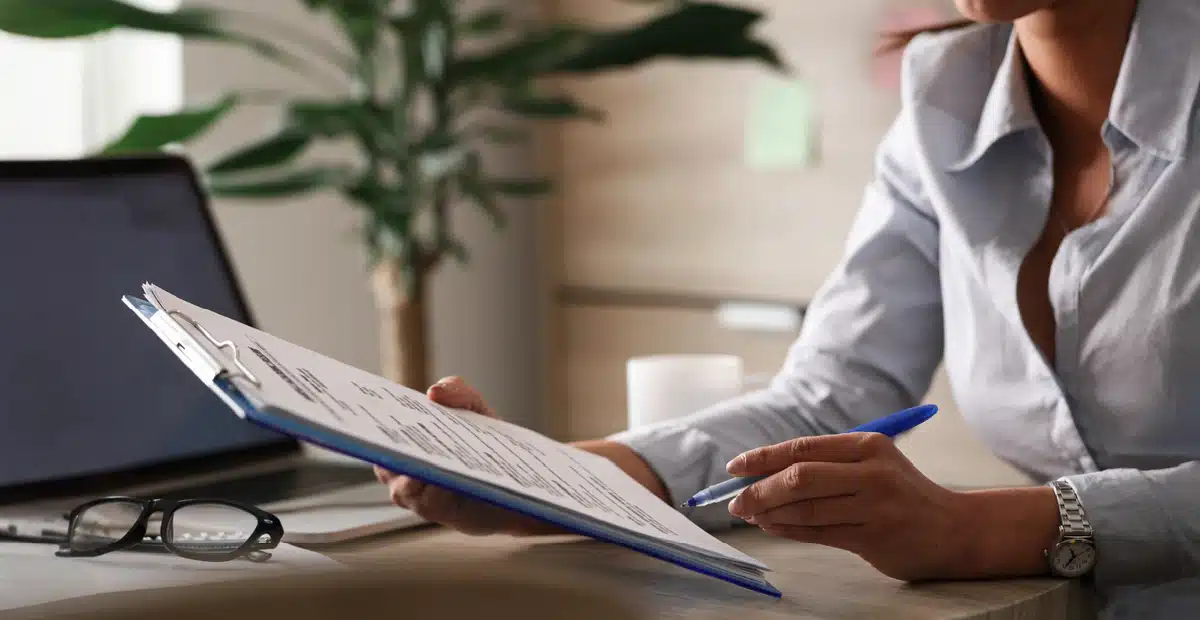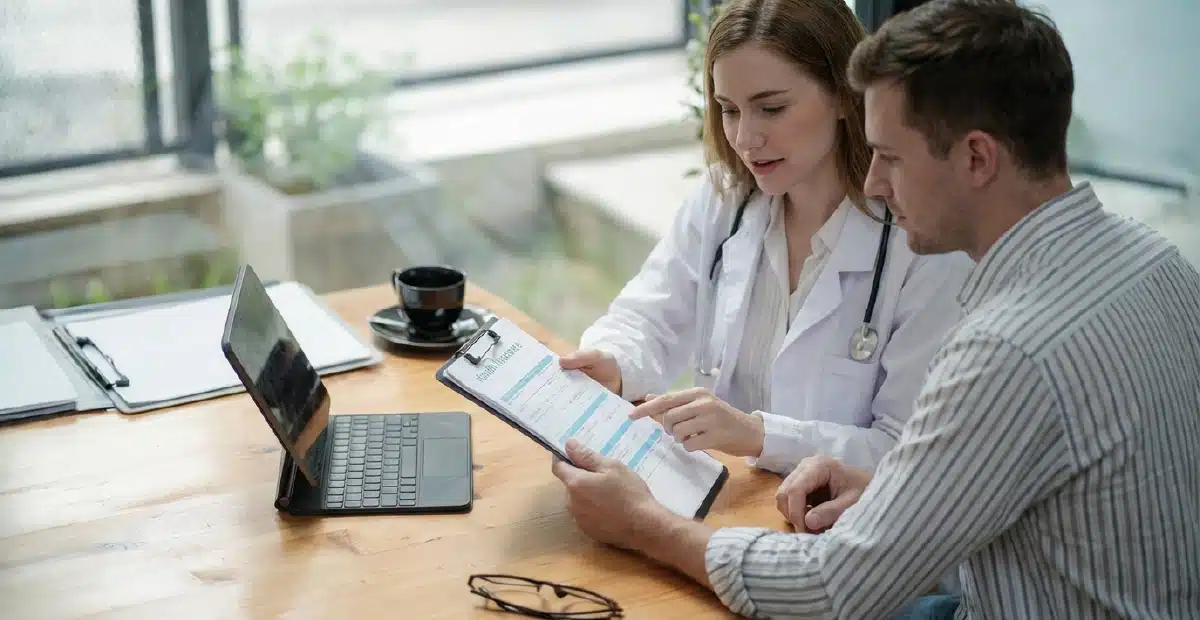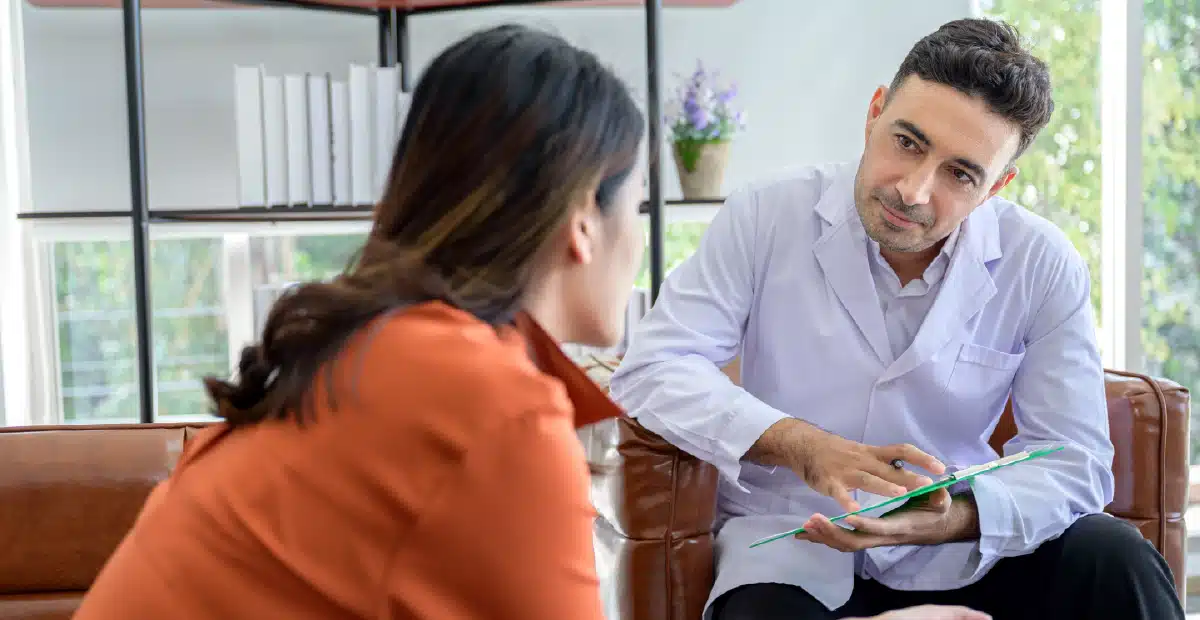Curious about what it’s like in residential treatment (rehab)? Read on to learn more.
What Do You Do Everyday in Rehab?
Most people looking at going to residential treatment (rehab) ask this question because to some it’s a mystery. The main characteristics of the best rehabs are safety, structure and community, and with clients committed to doing the work.
- Safety is the foundation for healing and recovery.
- Structure provides a necessary frame to guide our activities in a balanced way and to lower the cognitive load of our clients.
- Community is at the core of successful recovery.
- Commitment is the engine of recovery.
These rehabs usually have a clear set of core values along the lines of those below.
Core Values of Rehab
- Compassion: Providing empathetic, non-judgmental support to individuals struggling with addiction.
- Holistic Healing: Addressing physical, emotional, mental, and spiritual well-being in treatment.
- Accountability: Encouraging personal responsibility and commitment to recovery.
- Evidence-Based Care: Utilizing scientifically supported therapies and interventions.
- Community & Peer Support: Fostering a sense of belonging and shared recovery experiences.
Morning Routine: Starting the Day with Structure
Many people with addictions are not morning people for lifestyle reasons and for those related to their chemical dependency. So going to rehab can be a challenge as mornings are actually the most important part of the day. Let’s look at a typical rehab center’s morning.
6 am Wake-Up and Personal Care
When that clock rings at 6 am, unless you’ve risen earlier, you have two choices: 1) Be the day, or 2) Seize the day. Each one has its merits and it’s well worth trying out both. Be the day is a Zen-like approach where you don’t try to control what comes to you or how you feel. Rather, you become that energy without resistance and learn from it. Seize the day is an attitude the Stoics adopted in which individual will and discipline are the guideposts for making the most of your day.
Personal care shows healthy self-love. Making your bed and folding clothes are signs of self-respect and orderliness, which helps clear the mind.
Take 15 minutes each morning to write or draw in your journal. Set one intention for the day. This frees you of distractions and allows you to focus.
Nutritious Breakfast
Just as morning is the most important part of the day, breakfast is the most important meal. Reduce coffee and sugar in your breakfast as it can dysregulate you. Try to include grains and protein such as eggs cooked your way and sliced meat or fish. Probiotic yogurt helps your gut biome. Fruit is also good although it has varying amounts of sugar. Give thanks. Eat slowly and deliberately.
Morning Mindfulness and Meditation
Getting your morning going with mindfulness meditation is a great way to release your worries and racing thoughts. A full body scan is a helpful technique you may learn and practice.
Morning Journaling
Following meditation is a great time to do some journaling, whether it be writing, drawing or painting. Letting flow happen, then following it, is a useful practice for self-expression.
Morning Therapy and Counseling Sessions
The main part of the morning consists of two therapy sessions of varying types: individual, group, or family.
Individual Therapy
In individual therapy (psychotherapy) you will work with a therapist or counselor to help you on your path to recovery. There are many different therapy approaches and they will discuss some of these with you.
Group Therapy
Having the opportunity to meet in group with your peers is invaluable. By sharing your story and questions with others going through a similar journey, you can feel supported. Likewise, hearing the stories and tips of others reduces feelings of doing it alone.
Family Therapy
With the participation of as many relevant family members as possible, family therapy can be a powerful aspect of recovery. Working with a licensed family therapist, family communication patterns and dynamics of relating will be explored. As well, psychoeducation is offered, teaching about various aspects of the family’s way of relating and how changes can help your loved one in rehab.
Afternoon Routine: Treatment Sessions and Fun
Lunch and Social Interaction
Lunch can be the best meal of the day because everyone is engaged and often sharing stories and experiences. This informal interaction is an important part of the recovery process as clients develop supportive bonds with each other.
Recreational Therapy
To burn off a little lunch, recreational activities are offered such as games, beach time, hiking, etc. During this time many dynamics can develop in the group such as resistance, defensiveness, control, acceptance or leading. Becoming aware of, and learning about these, provides an opportunity for growth and healing.
Life Skills Training
Depending on the nature of each client, life skills training may be offered. It focuses on practical things, like time or budget management.
Individual, Group, or Family Therapy
Similar to morning.
Dinner and Peer Discussion
Similar to lunch, the opportunity to share stories and experiences is one not to miss at dinner. Here reflections on the day come forth and discussion about them. These can be powerful exchanges among peers.
Evening Routine: Unwind and Get Ready for Tomorrow
Evening can be a hard time for those in rehab as it sometimes brings forth nostalgic memories and feelings of loneliness. So, a full program is usually offered.
Group Sessions
Based on material from the day, group sessions allow everyone the opportunity to share and process anything they feel needs airing. Again, this can be an important time of bonding, mitigating some of the loneliness.
Leisure and Relaxation
Relaxing, fun activities are available such as movie night, billiards, ping pong, or drum circle, among others. This is an opportunity to wind down.
Evening Journaling
The end of the day is an ideal time to take 15 minutes and work in your journal. Let it flow!
Bedtime Routine
At bedtime try to maintain a simple routine that you follow. Minimize screen time an hour before bed for improved sleep.
Explore Individualized Treatment From Northbound
For more than 30 years, Northbound Treatment Center in California has been at the forefront of providing lifesaving, compassionate care, and specialized services to help people from all walks of life feel better, discover themselves, and live free from addiction. We have facilities throughout California. Reach out to our admissions team now.

Author
-

President, CEO & Founder at Northbound Treatment Network
Paul Alexander is the CEO, President & Founder of Northbound Treatment Network in Newport Beach, California. He believes wholeheartedly in transformational leadership, organizational health and effective, fully integrated substance use disorder and mental health treatment. With over 27 years of experience in behavioral healthcare, Paul has extensive knowledge of “in vivo” treatment modalities, clinical development, operations, strategy, marketing and financial planning. He has been widely recognized for his development of collegiate-based residential treatment programs for students in recovery and authored a research study at The University of California confirming this modality’s effectiveness.
Paul’s comprehensive professional experience, willingness to innovate, and emphasis on organizational health are vital factors in Northbound’s continued success. Paul received his Certified Addiction Treatment Specialist training at Saddleback College in Mission Viejo, CA, and was awarded Outstanding Alumni Service Award in 2002. Paul holds a Bachelor of Arts degree in Criminology, Law and Society, Summa Cum Laude, from University of California, Irvine, and a Juris Doctorate degree from Loyola Law School of Los Angeles. Paul currently serves on The National Association of Addiction Treatment Providers (NAATP) board. In addition, he serves on The Family Recovery Foundation board and The CarePossible board in Orange County; both organizations are committed to raising funds for family recovery and treatment for former military personnel. Paul is in recovery himself and lives in Orange County with his wife Silvana and his two young sons, Noah and Dean.










